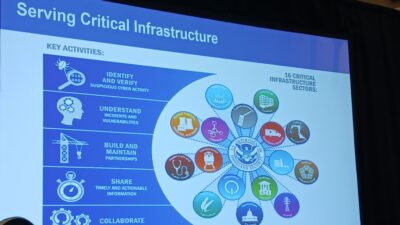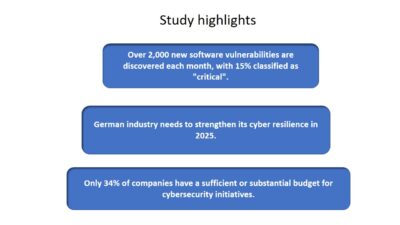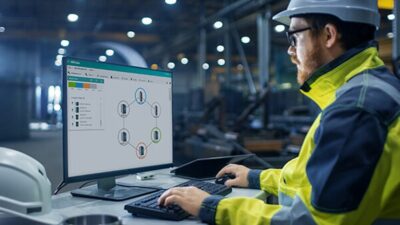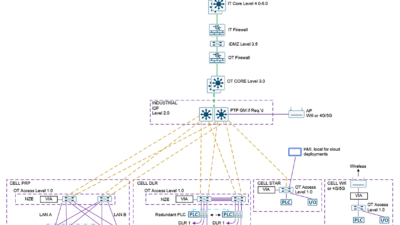Research by Dell Technologies and Vanson Bourne found that many industry leaders agree they need to transform to become more automated and integrated, there is a sharp divide on whether this is a good or bad thing for the future and what it will mean for their employees and their bottom line.
According to research from Dell Technologies, we’re entering the next era of human-machine partnerships with a divided vision of what the future will look like. Half of the 3,800 global business leaders surveyed forecast automated systems will free up their time, while the other 50% believe otherwise. Similarly, 42% believe they’ll have more job satisfaction in the future by offloading tasks to machines, while 58% disagree.
The research conducted by Vanson Bourne follows Dell Technologies’ story, "Realizing 2030: The Next Era of Human-Machine Partnerships," which forecasted that by 2030, emerging technologies will forge human partnerships with machines that are richer and more immersive than ever before, helping us surpass our limitations. Business leaders agree: 82% of respondents expect humans and machines will work as integrated teams within their organization inside of five years.
Leaders are also split by whether the future represents an opportunity or a threat and are torn by the need to mitigate these risks. For instance:
- 48% say the more we depend upon technology, the more we’ll have to lose in the event of a cyber-attack; 52% aren’t concerned
- 50% of business leaders are calling for clear protocols in the event that autonomous machines fail; other half abstained
- 45% say computers will need to decipher between good and bad commands; 55% don’t see a need.
"You can understand why the business community is so polarized," said Jeremy Burton, chief marketing officer, Dell Technologies. "There tends to be two extreme perspectives about the future: the anxiety-driven issue of human obsolescence or the optimistic view that technology will solve our greatest social problems. These differing viewpoints could make it difficult for organizations to prepare for a future that’s in flux and would certainly hamper leaders’ efforts to push through necessary change." Given the promise of monumental change, 56% speculate schools will need to teach how to learn rather than what to learn to prepare students for jobs that don’t yet exist.
Beset by barriers
Many businesses aren’t moving fast enough or going deep enough to overcome common barriers to operating as a successful digital business. Only 27% of businesses believe they are leading the way, ingraining digital in all they do. Forty-two percent don’t know whether they’ll be able to compete over the next decade, and the majority (57%) of businesses are struggling to keep-up with the pace of change.
According to the survey, the main barriers to becoming a successful digital business in 2030 and beyond for companies are:
- Lack of a digital vision and strategy: 61%
- Lack of workforce readiness: 61%
- Technology constraints: 51%
- Time and money constraints: 37%
- Law and regulations: 20%.
Unified by the need to transform
Leaders may be divided in their view of the future and facing barriers to change, but they’re united in the need to transform. In fact, the vast majority of businesses believe they’ll be well on their way to transforming within five years despite the challenges they face. Leaders mostly believe these things will happen in the next few years:
- Have effective cybersecurity defenses in place: 94%
- Deliver their product offering as a service: 90%
- Complete their transition to a software-defined business: 89%
- R&D will drive their organization forward: 85%
- Delivering hyper-connected customer experiences with virtual reality (VR): 80%
- Using AI to pre-empt customer demands: 81%.
Burton said, "We’re entering an era of monumental change. Although business leaders harbor contrasting views of the future, they share common ground on the need to transform. Based on the many conversations I have with customers, I believe we’re reaching a pivotal moment in time. Businesses can either grasp the mantle, transform their IT, workforce and security and play a defining role in the future or be left behind."
Dell Technologies
– Edited from a Dell Technologies press release by CFE Media. See more Control Engineering cybersecurity stories.
ONLINE extra
Download the report "Realizing 2030: The Next Era of Human-Machine Partnerships."



